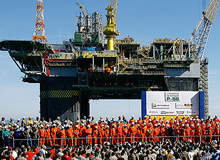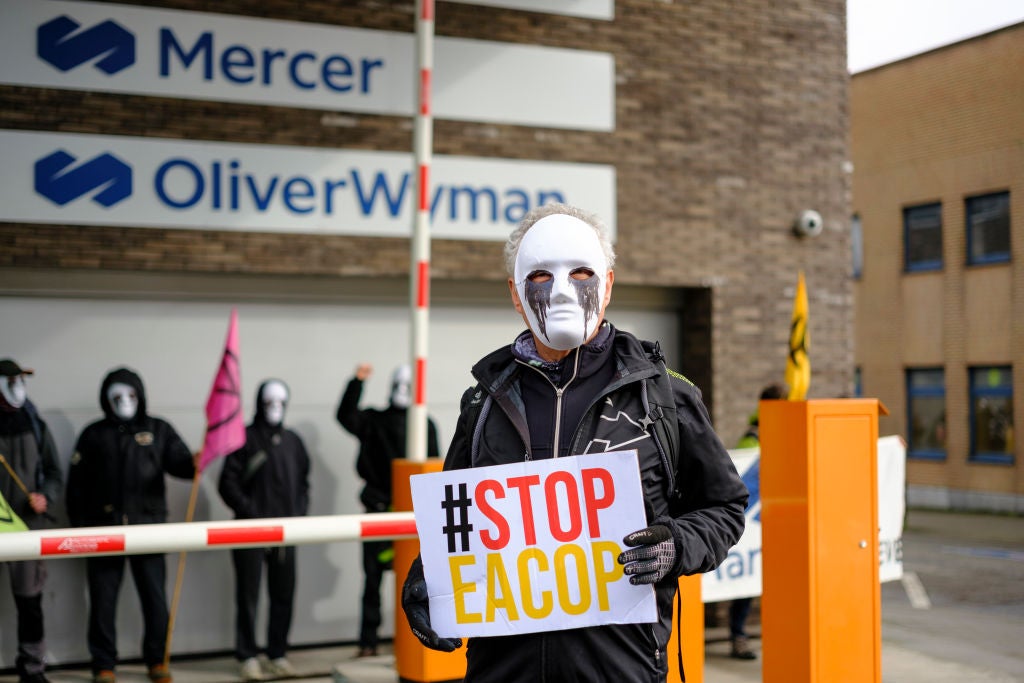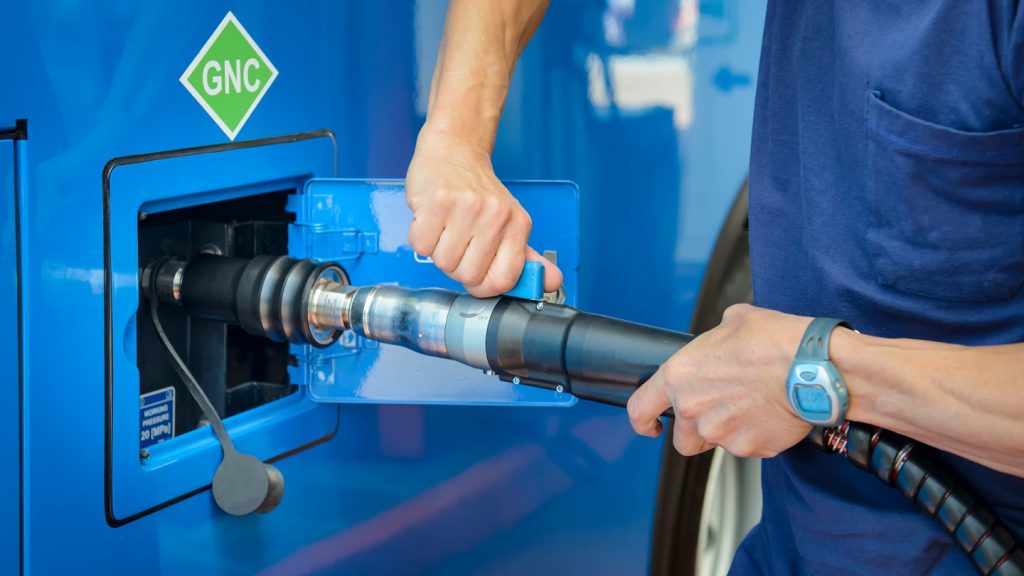
Global demand for additional oil and gas resources has led to several offshore discoveries in the recent past and most of these discoveries have been in the less explored deepwater and ultra-deepwater basins in the Atlantic and Pacific.
While Asia-Pacific and Europe occupy the top positions in the number of offshore oil and gas discoveries made between 2007 and 2010, exploration off Latin America and Africa has discovered giant offshore oil and gas discoveries with much bigger reserves
And the numbers back it up, with 82 offshore oil and gas discoveries in Africa and 111 in Latin America during the same timeframe. Moreover, the number of discoveries in Latin America and Africa has remained more or less consistent, showing considerable increase over the past years spurred on by huge discoveries like the Tupi, Libra, Perla fields off South America and the Jubilee field off Africa.
Global Data’s new report, “Offshore Oil and Gas Discoveries – Latin America and Africa Emerging as Major Investment Destinations” analyses the improvement and development of the offshore oil and gas industry in Latin America and Africa.
Successful exploration is leading to increased production in Latin America
Due to unavailability of sufficient capital to finance the development of these indigenous oil and gas reserves, Latin America is forced to depend on foreign direct investment. Limited capital availability in the local market is forcing oil and gas rich countries in the region to seek investments from foreign countries.
According to GlobalData Latin America will need huge investments to finance 3% to 4% growth in its oil and gas production every year. The growth in the exploration and production of Latin America is driven by growing investments in the region in the last few years.
How well do you really know your competitors?
Access the most comprehensive Company Profiles on the market, powered by GlobalData. Save hours of research. Gain competitive edge.

Thank you!
Your download email will arrive shortly
Not ready to buy yet? Download a free sample
We are confident about the unique quality of our Company Profiles. However, we want you to make the most beneficial decision for your business, so we offer a free sample that you can download by submitting the below form
By GlobalDataLatin America’s total offshore capital expenditure (capex) is expected to increase at a CAGR of 25.6% during the period 2005-2014.
Nationalisation of oil and gas resources in Latin America is leading to dominance of national oil companies
With Latin America witnessing a significant growth in its hydrocarbon resources, the fear of encroachment on its oil and gas assets by foreign companies has led to resource nationalisation in the region. Latin American countries are therefore making efforts to keep the domestic oil companies in charge of major shares of their oil and gas resources.
The fiscal terms for international investors in Latin America are not very favourable in most of the major resource holding countries like Venezuela, Bolivia and Ecuador. The terms strengthen the NOCs by making them the sole operators of hydrocarbon resources in certain countries but hinder investments from international majors.
NOCs dominate the upstream sector in Brazil and Venezuela – these two countries together account for more than 50% of the total oil and gas reserves in Latin America and also account for over 50% of the oil production in each country. The NOCs in Colombia and Ecuador also account for more than 50% of the total oil produced in these countries.
The reserves and production of the NOCs in Latin America are increasing on account of major exploration activities being carried out by these companies. NOCs continue to dominate the upstream sector in Latin America with support from their national governments.
Government support and favourable policies in Africa have played a vital role
While Latin American countries have pursued policies that have discouraged foreign investments African countries like Angola, Libya and Ghana by contrast have taken advantage of the favorable climate by attracting foreign investments and increasing their production capacities.
The African oil and gas upstream sector consists of non-stringent policies compared to Latin America, especially in the case of state control over natural resources providing a favorable investment environment to International Oil Companies (IOCs) to explore and produce in the region.
To develop the oil and gas sector and to attract investments in the African region, the governments of African countries are encouraging IOCs to come and invest in the region. Between 2007 and mid-2010, different companies have invested over $12bn in acquiring assets in the region.
The offshore oil and gas industry also accounts for a major share of the GDP of the African nations. In Nigeria alone, Shell’s offshore subsidiary, SNEPCo, has paid almost $3bn in tax and royalties to the Nigerian Government over the last five years.
Unlike Latin America, IOCs dominate the offshore oil and gas segment in Africa
IOCs have increased their investments in exploration and production in Africa, generating substantial oil revenues for oil and gas producing countries in the region. Out of the 82 offshore discoveries in Africa during 2007-2010, 34 discoveries have been made by only four major IOCs – Total, ExxonMobil, Chevron and BP.
The number of offshore discoveries made by the major IOCs in Africa during 2007-2010 is given in the figure below.
IOCs enjoy technological advantage over the African NOCs. Besides, most of the offshore potential areas of Africa are owned by IOCs, which makes them the largest oil and gas producers in Africa. The investments that the IOCs are making in upcoming areas like Africa also helps them to keep a diverse supply base for their developed markets.
More details on the full GlobalData report
GlobalData is an industry analysis specialist company providing business information products and services. Its highly qualified team of analysts, researchers, and solution consultants use proprietary data sources, and various tools and techniques to gather, analyse and represent the latest and the most reliable information essential for businesses to sustain a competitive edge.





